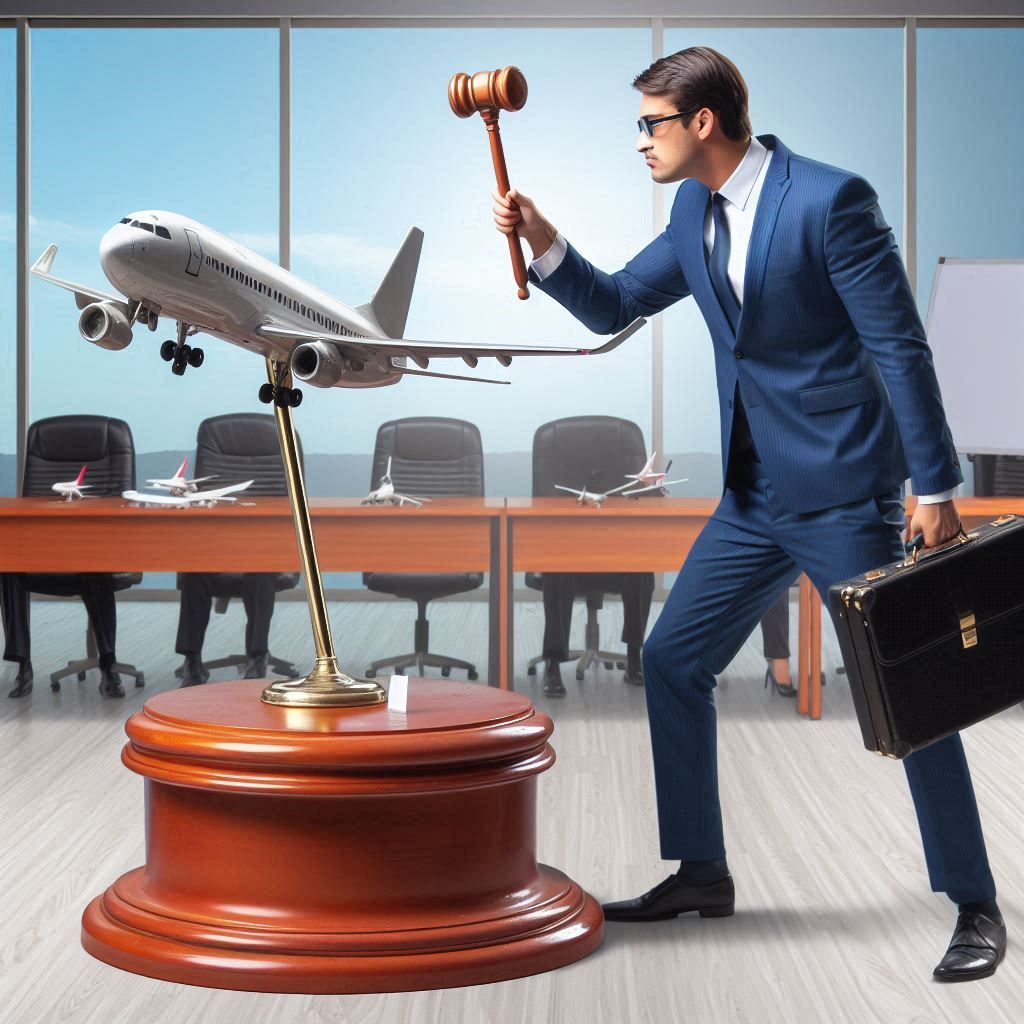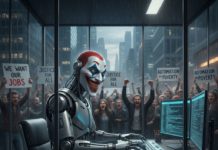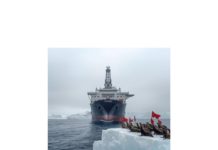MARKET PERSPECTIVE
By J Mulraj
Sep 28-Oct 4, 2024
A Too-Big-to-Crash Company is At Risk
The Boeing Company (Boeing), founded in 1916 by William Boeing, as an engineering firm building airplanes, is now the largest US exporter, is the world’s #4 defense contractor by revenue and #54 on FORTUNE 500 list in 2020. It employs 170,000 people. It is a systemically important company, too big to crash, but, because of several missteps, and because of impending technological disruption, is at risk of just that.
With an engineering background, Boeing initially designed aircraft for commercial travel which were well designed and hugely successful, like the 707, 737, 747 and 777 series. Boeing faced little competition in its early years and its well designed planes ensured huge profits. Then, because of various events, poor corporate decisions, and dilution of focus on its engineering prowess, its fortunes turned.
A major challenger, Airbus, was formed in 1970 as a joint venture promoted by France, Germany and UK. Its first airplane, the A300 was launched in 1974 and gave a competitive alternative to airlines.
Boeing thought it could better fight this competition by growing, inorganically. In 1997 CEO Philip Condit acquired, for $14 b. McDonnell Douglas (MDD), a leading producer of military airplanes. Post merger, the leadership role went from the engineers of Boeing, who concentrated on making good civilian aircraft, to the accountants at MDD, with a focus on cutting costs to improve quarterly results.
This was the consequence of another trend that had taken hold, viz. the rise of ‘shareholder capitalism’, as a means to counter the ‘stakeholder capitalism’ followed by Japan and Germany. These countries were challenging the economic hegemony of America by giving importance to all stakeholders, employees, customers, suppliers and investors. Shareholder capitalism made ‘returns to investors’ of prime importance, and interest of other stakeholders secondary.
This focus on profits, brought in after MDD held the reins, and less on making reliable, quality aircraft which was the forte of the engineers, led to the defects which caused two plane crashes of Max 737, killing hundreds, and aircraft doors opening mid flight, in Alaska Air, all of which incidents sullied Boeing’s reputation. In 2001 Philip Condit changed Boeing headquarters from Seattle to Chicago. But Boeing’s engineers operated from Seattle, instead of moving to Chicago where they could have averted the manufacturing defects that led to crashes.
In 2014 NASA awarded Boeing a $4.2 b contract to build Starliner, a vehicle to carry crew to and from the International Space Station (ISS). As a backup, it awarded SpaceX, an Elon Musk venture, $2.6 b to develop an alternative, Crew Dragon. NASA erred in giving both companies a cost escalation clause. The leadership at Boeing, seeking to maximize profits, created delays and cost overruns. Without engineers in charge, they did not concentrate enough on quality checks. Finally, the two person crew that used Boeing’s Starliner reached the ISS in what was to be an 8 day trip, but which lasted over 8 months due to snafus that Boeing could not resolve. NASA finally tasked SpaceX to bring them back, ant it’s Crew Dragon successfully docked at the ISS.
That’s not all! A Chines hacker, Su Bin, pleaded guilty of data theft of aircraft design data . He stole 65 GB of data from Boeing, the designs of its C-17 heavy lift cargo aircraft.
Boeing also now faces competition from China’s Comac, whose C919, is a low cost alternative to Boeing 737 as well as Airbus A320.
With some 30000 Boeing workers on strike, demanding a hefty wage hike over the next 5 years, facing such competition will become very difficult.
But worse is to come! As per this article Elon Musk has envisaged an Electric plane, which could be commercially viable in 5 years, if he can create an EV battery light enough for the plane. It will have VTOL, vertical take off and landing, which implies that flights would not need runways for the purpose and hence can be closer to city centers. That would disrupt the airport business. It will fly at supersonic speed, significantly reducing flying time, and be carbon emission free. The commercial airline industry currently contributes 2.5% of global emissions, which is expected to grow 10x over time, as international travel increases.
An electric plane, if and when it is launched, would totally disrupt Boeing, Airbus and other aircraft makers.
Boeing needs to restructure itself and bring back its initial focus on good engineering skills to develop great products. The story of Boeing is also a pointer to the excesses of shareholder capitalism, bringing with it a short term investor focus on quarterly profits, an increased attention to shareholder returns even at the cost of quality, customers or employees.
There have been earlier examples of such excessive focus on short term results bringing down great companies. Like Lucent Technologies (earlier Bell Labs, the font of innovation at AT&T before it was forced to split). Lucent, too, sacrificed long term innovations for short term performance, on paper, and was forced to merge with a French company.
But we never learn, do we?
Last week the BSE Sensex ended at 81688, down 3883 points over the week.
Several geopolitically and economically important events occurred last week. Iran fired retaliatory missiles at Israel who will undertake a retaliatory airstrips, possibly against its oil facilities. The price of Brent crude has gone up. Israel also put boots on the ground in neighboring Lebanon, after bombing Beirut, in order to push non-stage actor Hezbollah, further from its border. This, in retaliation for rocket attacks by Hezbollah (in retaliation for attacks in Gaza) on northern Israeli towns which have displaced people. Sadly, the circle of retaliation never ends.
The worry for investors is the fear that this could easily escalate to a regional war into which the US might be dragged.
The economic event that can be catastrophic for America is a strike by dockworkers in US ports on the east coast, which account for about half US imports, including crude oil. This will curtail supplies to refineries, which will spike the cost of gasoline, leading to rationing if the strike extends. If it does extend, the US will see a shortage of food at supermarkets, due to diesel shortage for trucks to transport it. Thus far President Biden hasn’t intervened, placing politics (labour normally favours Dems) over economics, before the November election. He sits on the horns of a dilemma, because a prolonged strike would lead to shortages and inflation, and the Dems could lose anyways. Sitting thus is never comfortable.
On top of that Hurricane Helene has caused death and destruction in Florida. But the coming hurricane, on Nov 5th, can be more devastation.
Picture Source: Image created by Bing
Comments may be posted to jmulraj@asiaconverge.com










































COMMENTS